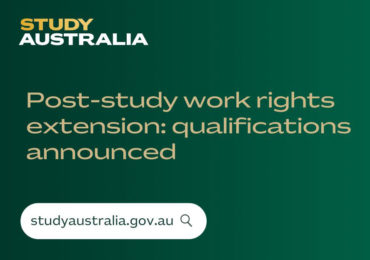The most common barrier when studying abroad is the total cost, but it doesn’t have to be. If you’re worried about how much you will have to pay for expenses such as tuition fees, airfares and insurance, as well as day-to-day living expenses, this article has the answers you need.
But first, you need to know that you may need to prove to have access to these funds before applying to your student visa, even if the country you have chosen allows students to work. This means that you may be able to earn back some of the money you invest in your educational program and stay, but you can’t rely on it.

Having said that, let’s see how much does it cost to study abroad?
USA: The tuition fee ranges go from US$6,000 to US$40,000, while the cost of living could add another US$15,000 per year.
England: Be prepared to spend from £4,000 to £21,000 in education and £10,000 in living expenses.
Australia: Colleges can cost from AU$9,000 while universities can be around AU$30,000 per year. Your expenses will cost you another AU$18,000 roughly a year.
Canada: Your education investment can cost you between C$6,000 and C$16,000 while the cost of living could be around C$17,000.
Ireland: Education ranges from €3,850 to €55,000 per year and the average costs of living in Dublin is €1,100 – €1,800 per month.
We know this may sound expensive, however, when you invest in your education you can make sure that you will get your money back with a better professional salary, if you doubt it, read our article on how to study overseas will boost your professional success.
We also want to share some tips on how to save money:
- Pay your tuition fees in advance if they offer a discount.
- Choose a smaller college or campus with more affordable fees – the quality of education may be just as good, and you could also benefit from more attention.
- Keep most of your money in a high-interest or term deposit account and only withdraw when you need to pay for big items (like fees and accommodation)
- Shop around online for your airfares and health insurance
- Share accommodation with fellow students, and share the costs of electricity, water and internet.
- Make sure you live in a safe area with good public transport links, so you don’t need to spend on taxis.
- Cook at home instead of eating out – learn how to cook your favourite dishes before you leave home!
- Shop at cheaper supermarkets and look for sales and discount coupons. If you can buy your fresh fruit and vegetables at markets, split bulk buys with your flatmates and friends.
Studying abroad is a once in a lifetime opportunity. If you want to make the most of it, you should speak with an education expert to understand the best destination for you according to your budget and professional needs.
Start building your dreams now, click in the next button.




